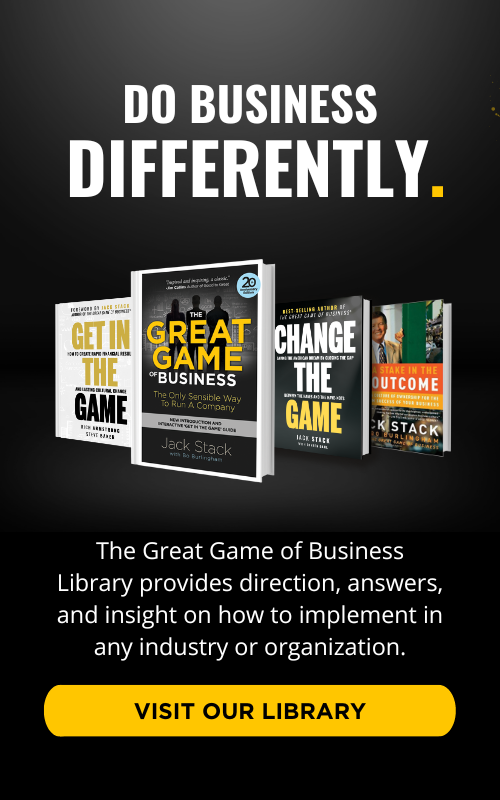A financial forecast in business is a prediction of what’s going to happen. Not what you hope will happen, not what you fear will happen, but your best guess as to what’s likely to happen. While reviewing and analyzing company performance and financials is an important process in the business world, the past cannot be changed. Forecasting is a tool that makes financial reporting a forward-focused, educational process where changes and adjustments can be made to influence the outcomes of the numbers. What does it take to properly forecast? Here are three tips on making forecasting work in your business:
Read More
When you hear the words “cheap and easy”, you might not automatically think of rewarding and recognizing the folks on your team. However, that’s exactly what your employee recognition program should be: an affordable, habitual pattern. While there is value to an occasional blow-out celebration, your employees will feel just as appreciated with frequent, small reminders that they are important. Take a look at some of these super-simple ways to show appreciation to your employees and improve workplace culture.
Read More
Creating an informed and engaged workforce doesn't happen overnight...and isn't sustainable without the dedication and focus of the whole team. To help get your Game off on the right foot in the new year, here's a list of must-know tips from our best blogs to help The Game excel at your company.
Read More
You wouldn’t drive your car while only looking in the rear-view mirror…why run your business looking only at the past? This is the method many businesses have used for decades: close the books, review the numbers, repeat. While reviewing and analyzing company financials is an important process, you can’t change history. Forward financial forecasting is a way of communicating your company’s financials while keeping all eyes on the target. The purpose of forward forecasting is not to predict the future, but to influence it. This process minimizes surprises by having employees estimate or offer an educated opinion on what to expect.
Read More
At the Great Game of Business, we hope to not only transform businesses but also change the lives of the individual employees within those companies. Our goal is to transform the lives of 10 million people in the next 10 years. In this blog series, we are striving toward our 10-million-person goal by sharing stories of personal transformation resulting from the Great Game of Business and open-book management. Here, we feature Rob and Rachel Kelsey from King Maintenance Management in Springfield, Missouri, and how they brought the Great Game home to tackle their personal debts and reach their goal of starting their own business.
Read More
It's simple. You cannot successfully implement the Great Game of Business® unless every employee understands the financials and drivers of the business. But what puts the "best of the best" in open-book management above the rest when it comes to financial literacy training? We asked this year's All-Stars how they transformed their businesses to create a financial literacy focus that promotes engagement and accountability from top to bottom in their organization.
Read More
At the 26th Annual Gathering of Games, we had the opportunity to host Gregg Stebben from ForbesBooks Radio as he interviewed participants from this year's conference. In this interview he highlights Process Triage, a business process improvement system founded by Joseph (Rosey) Rosenberger. "Triage is a way to deal with a high volume of problems with the objective to assess the type of solution quickly so scarce resources focus on the most valuable good first." Check out this interview with Rosey below to see how his company has applied this methodology in businesses ranging from start-ups to Fortune® 500 companies.
Read More
At the Great Game of Business, results go beyond the financial numbers. Behind the numbers are stories and real individuals. We've asked actual, current employees from our 2018 All-Star companies what they had to say about how the Great Game has affected them personally. See the top comments below!
Read More
Over 1,000 business books are published every month. Over 100 of those have ‘leadership’ in the title. It seems that we are always looking for new ways to lead in an ever-changing world of business. But has true leadership in the workplace ever really changed? Here’s another question to consider. Leadership in an open-book environment, how is it different?
Read More
At the 26th Annual Gathering of Games, we had the opportunity to host Gregg Stebben from ForbesBooks Radio as he interviewed participants from this year's conference. In this interview, he highlights Amy's Ice Creams. Check out his interview with the Founder and President, Amy Simmons, to find out how this Texas company helps develop and educate employees for their future careers and personal lives.
Read More

.png)

.png)



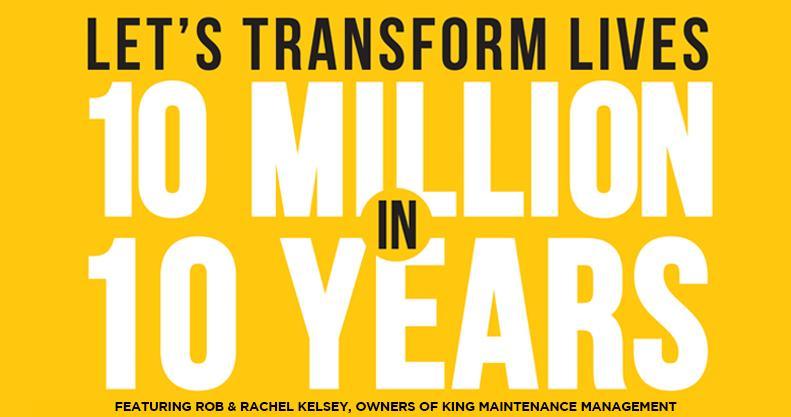
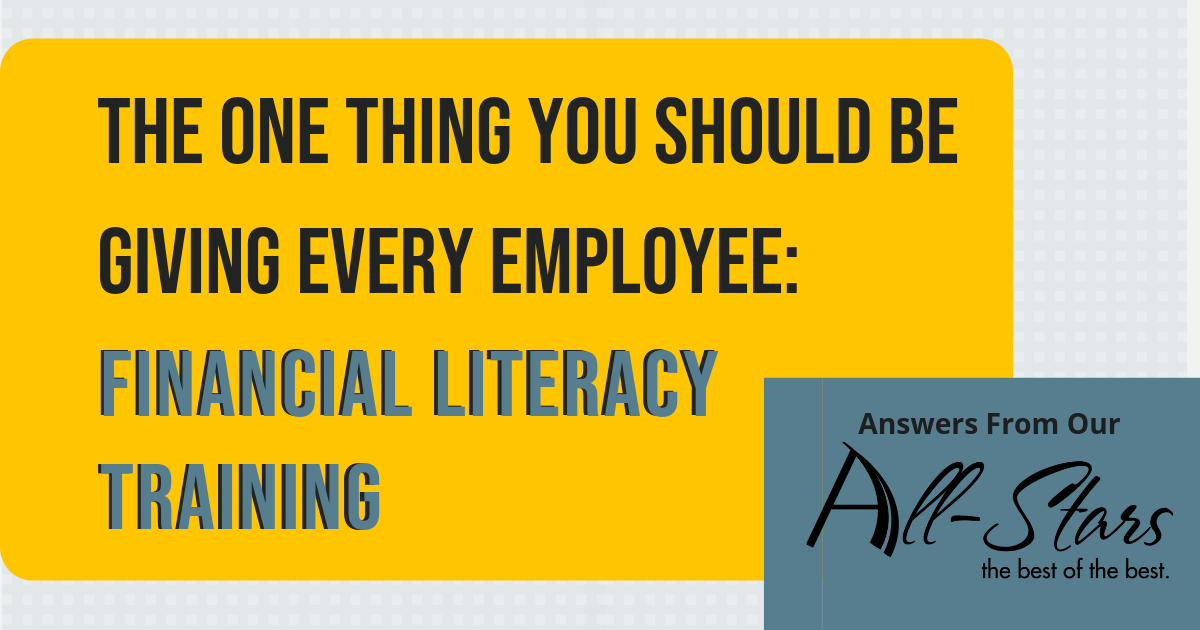
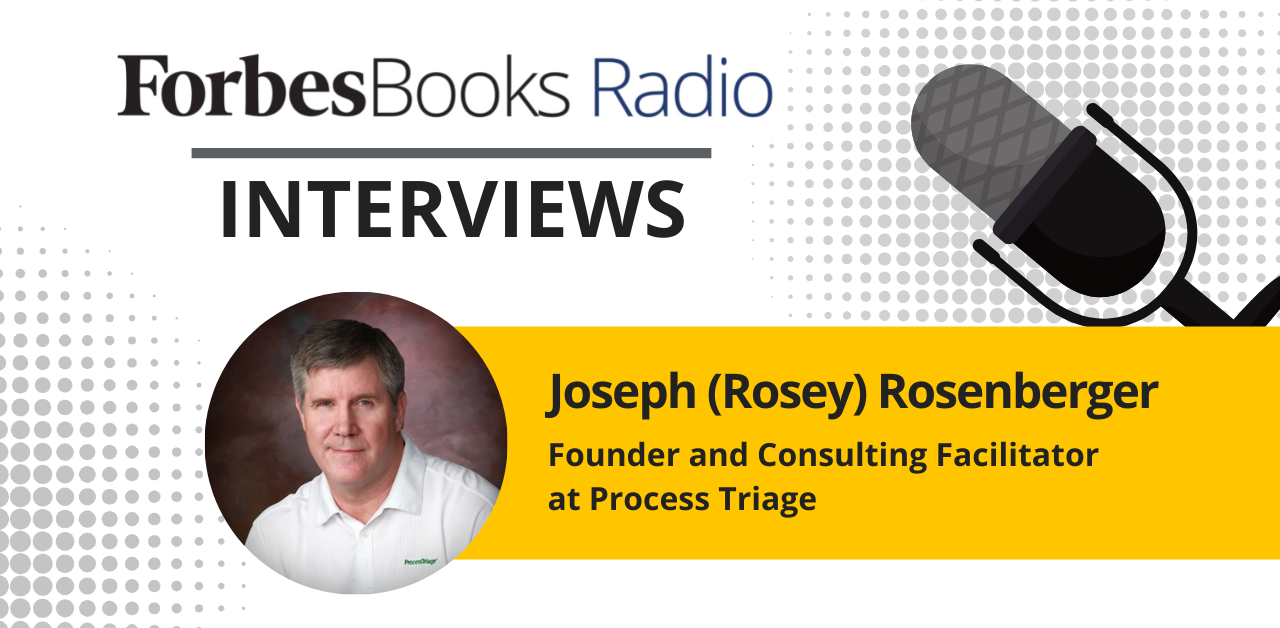
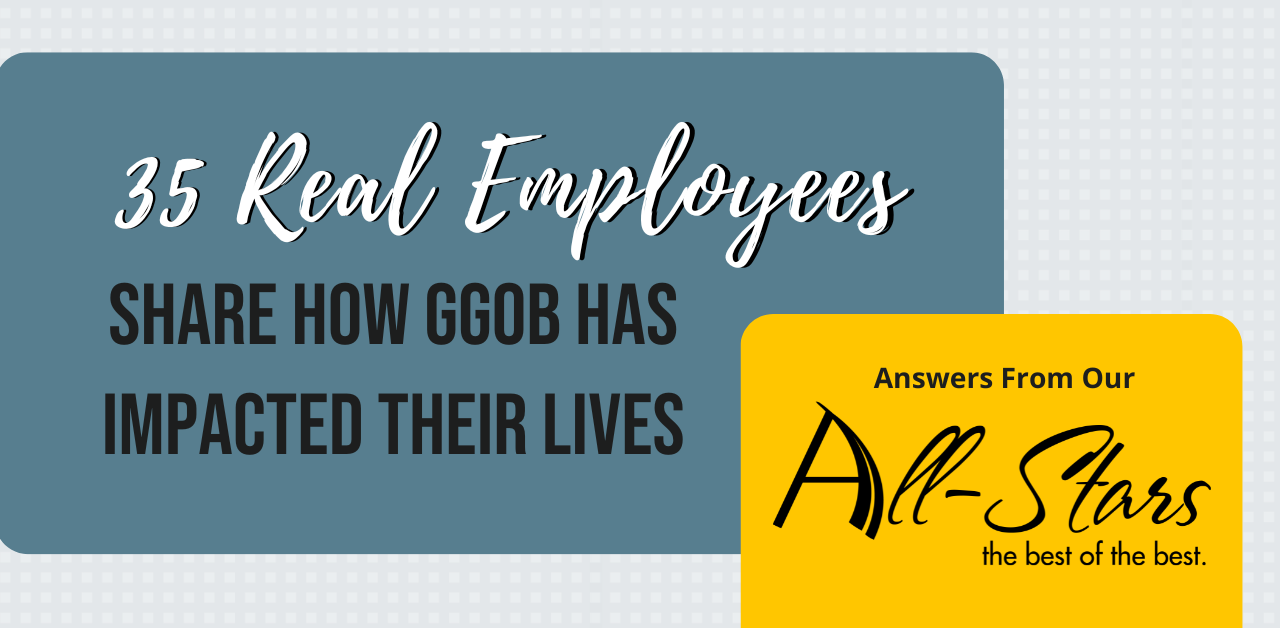
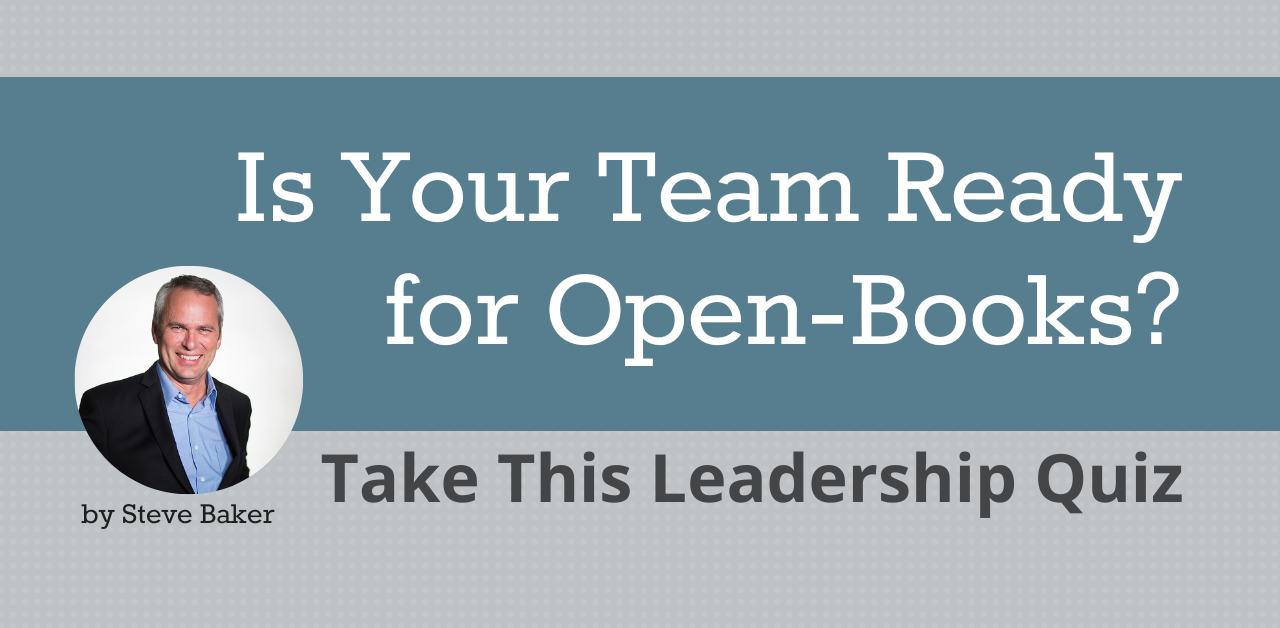





.png)




-5.png)
